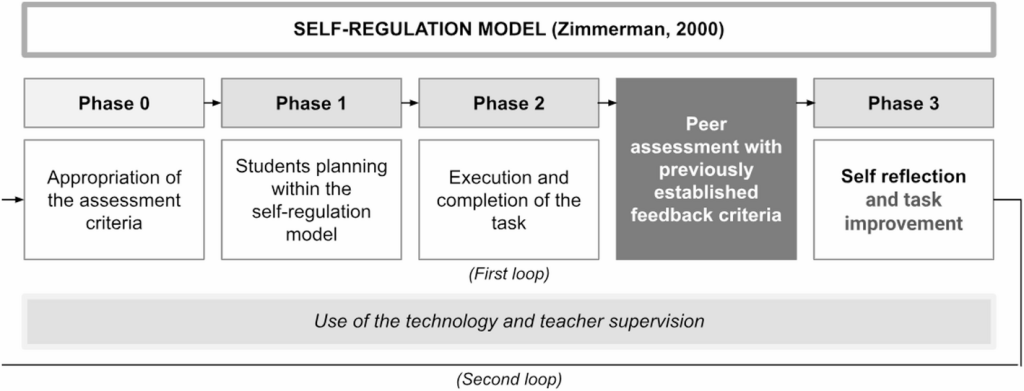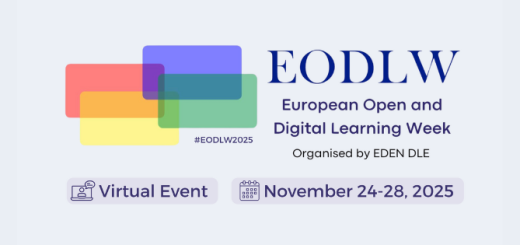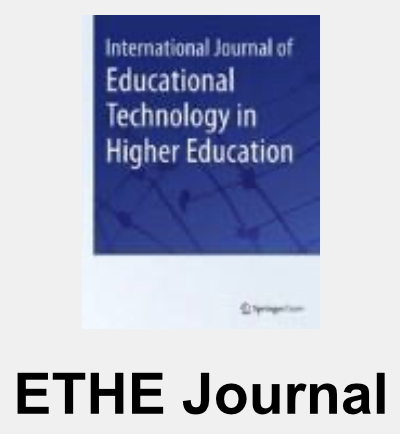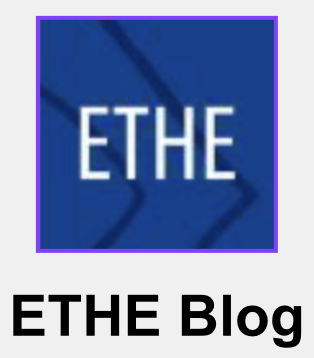New Edul@b Article! “How Does Peer Assessment Support Students’ Self-Regulation? A Case Study in Online Education”

Members of the Edul@b Research Group — Dr. Nati Cabrera, Dr. Marcelo Maina and Dr. Lourdes Guàrdia — together with Dr. Maite Fernández-Ferrer from the GREDU Research group, have published a new article on the role of peer assessment in online learning.
The study examines how peer feedback can contribute to the development of the learning to learn competence by fostering students’ self-regulation. It is set in the context of online higher education and focuses specifically on Spanish Master’s students.
Below you will find a detailed description of the study, “How does peer assessment support students’ self-regulation? A case study in online education”, as well as a link to the full article, published in the International Journal of Educational Technology in Higher Education (Springer).
Abstract
The importance of self-regulation as an essential element for lifelong learning calls for the design of learning processes that promote it. In this context, peer assessment, characterised by promoting metacognitive reflection and guiding students in modifying their learning strategies during the process, is considered a key and effective element for its development. This research studies the effects of implementing peer feedback strategies on the development of the competence of learning to learn. The aim is to improve self-regulation in Spanish higher education students, specifically Master’s students in an online learning environment at an open university. The main objective of this contribution is to determine if the active involvement of students (111) in peer assessment (in the role of assessor or assessed) is confirmed as an effective self-regulation strategy. To do this, a self-regulation questionnaire was administered at the beginning and end of the experience, as well as a satisfaction questionnaire regarding the peer assessment experience. The results highlight that through the implemented peer feedback strategies, students specifically improved their capacity to deeply analyse tasks and clearly visualise objectives, which are elements related to the initial planning phase of self-regulation. The conclusions point to the need for students to take responsibility for self-regulation, and the opportunity that technology can provide in supporting student self-regulation, motivation, and participation in assessment in online learning environments.
How to cite this article
Fernández-Ferrer, M., Lanzo, N.C., Maina, M.F. & Guàrdia, L. (2025), How does peer assessment support students’ self-regulation? A case study in online education. Int J Educ Technol High Educ22, 67. https://doi.org/10.1186/s41239-025-00565-7





